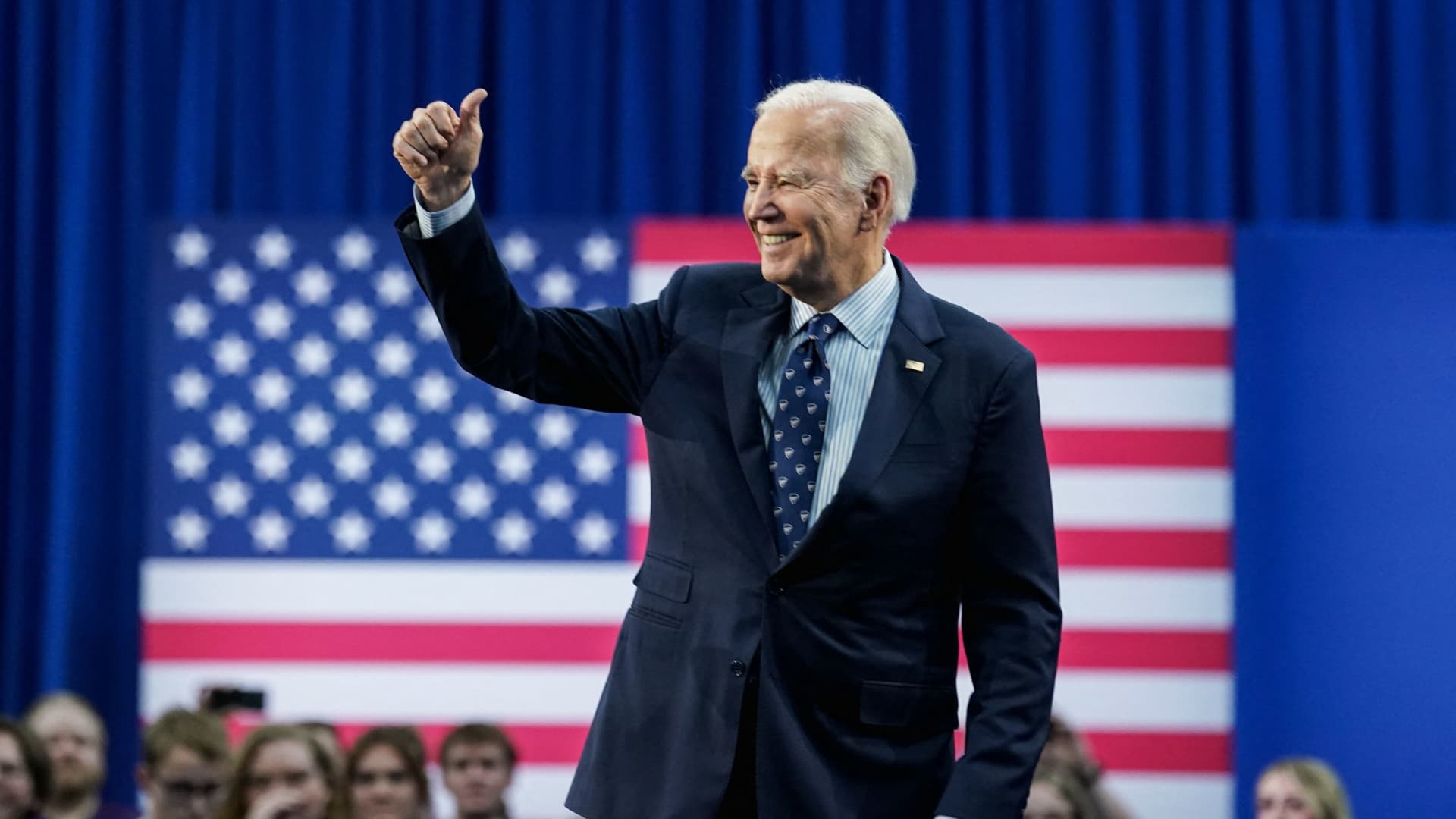Chaos in Congress sends an ominous signal to Wall Street | CNN Business

New York
CNN
—
Many on Wall Street cheered last fall when the midterm elections ushered in a return of divided government in Washington.
The old mantra is that gridlock is good because it means neither political party can mess things up.
But the historic dysfunction playing out in Congress this week is a reminder that you should be careful what you wish for. While gridlock might be good for markets and the economy, complete paralysis is bad because, every so often, government needs to get stuff done.
House Republicans’ inability to pick a speaker on the first ballot (or second or third) for the first time in a century raises an ominous question: If lawmakers can’t pick a speaker, how can they tackle truly thorny issues like raising the debt ceiling or responding to a potential recession?
“We’re watching a slow-moving trainwreck collide with a dumpster fire,” Isaac Boltansky, director of policy research at BTIG, told CNN in a phone interview. “This is a clear indication we will have dysfunction for the entirety of this Congress, which heightens the risk around must-act deadlines such as the debt ceiling.”
One New York Stock Exchange trader, a self-described conservative, told CNN on Tuesday the situation in the House is “disturbing” because it suggests lawmakers will struggle to get even more important things done.
“This is a joke. The party can’t get its [stuff] together. It’s a disgrace,” said the trader, who requested anonymity to discuss the situation candidly.
Even if Republicans eventually coalesce around Rep. Kevin McCarthy or a consensus candidate for speaker, the past few days have made plain to investors, economists and the public just how ungovernable the GOP majority in the House appears to be.
“This is not gridlock so much as a rudderless ship without a captain,” Chris Krueger of Cowen Washington Research Group wrote in a note titled, “Burning down the House: Speaker vote opening act for 2 years of tail risk.”
Krueger said the 4,000-page spending bill passed by Congress last month removed “a lot of the sharp objects” that could harm the economy.
But lawmakers did not agree to tackle the debt ceiling, the borrowing limit that must be raised to avoid a calamitous US debt default.
It’s not hard to imagine the ungovernable GOP majority clashing with Democrats and the White House this summer and fall over the debt ceiling — with the entire world economy hanging in the balance.
Even before the House speaker stalemate, Goldman Sachs warned late last year that 2023 could bring the scariest debt ceiling fight since that infamous 2011 episode that cost America its perfect AAA credit score.
In the past, brinksmanship over the debt ceiling eventually gave way to a compromise, though often not until significant pressure was applied by business leaders, financial markets — or both.
It’s not clear how a debate over the debt ceiling will play out this time though, given the narrowly divided Congress and skepticism from Republicans about corporate America.
“Our concern is that an increasingly populist GOP is less tied to big business influence, while a narrow majority amplifies their influence,” Benjamin Salisbury, director of research at Height Capital Markets, wrote in a note to clients on Wednesday.
Of course, the “House of Cards”-style drama playing out in Congress is not the most pressing issue facing the economy and investors right now.
The biggest questions concern whether the US economy is about to stumble into a recession (or a “slowcession,” if you ask Moody’s) and how long the Federal Reserve will keep up its fight against inflation.
Later this week, on Friday, investors will be laser-focused not on McCarthy’s fate but on the monthly jobs report and what it says about efforts to cool down the labor market.
Andrew Frankel, co-president of Stuart Frankel, dismissed the House speaker race as a “big, fat nothing-burger” for the market and said it was “just noise.”
“It’s all about the Fed,” Frankel said.
And yet the stalemate in the House underscores how hard it will be for lawmakers to aggressively respond to a potential recession or another crisis in the next two years.
Although there are reasons to be cautiously optimistic about a soft landing, former Fed Chair Alan Greenspan warns a recession is still the most likely outcome.
Greenspan, senior economic adviser at Advisors Capital Management, said in a discussion posted online that inflation will not cool enough to avoid “at least a mild recession” induced by the Fed.
“We may have a brief period of calm on the inflation front, but I think it will be too little too late,” Greenspan said.
If there is a recession, the chaos in Washington suggests the economy may not be able to count on a timely rescue from Congress this time around.
World News || Latest News || U.S. News
Source link



